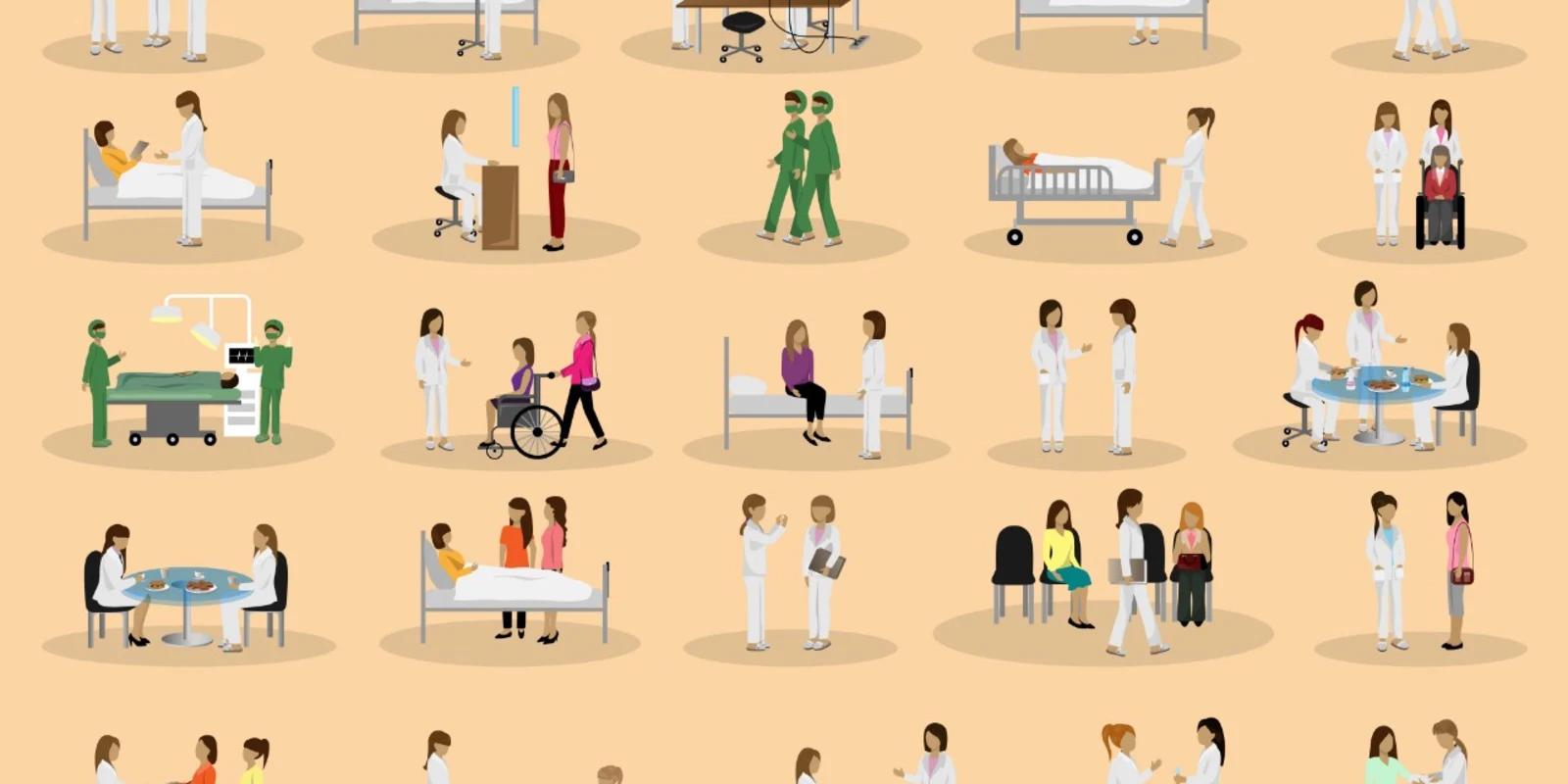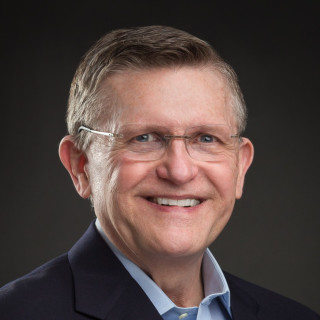
As I enter my fourth and final year of medical school, I reflect on the past year. In third year, my classmates and I completed the core clerkships required for all US medical students: internal medicine, neurology, obstetrics and gynecology, primary care, psychiatry, and surgery. We cared for real patients and watched the conditions that we had read about in textbooks come to life in complicated and dynamic people. We were thrust onto the wards with the knowledge from two years of pre-clinical education and 20-something years of life experience, expected to put these together to join a team and take care of patients. The year came with challenges in learning how to navigate clinical encounters with real patients and also navigate teams in a new role with new expectations.
In studying for exams in the pre-clinical years, clinical entities become facts, associations, and mnemonics. “ToASTing” helps me remember that in alcoholic hepatitis, AST is greater than ALT. While knowing this helped prepare me for multiple choice questions on alcoholic hepatitis, it did not prepare me for seeing a young 30-something-year-old patient admitted to the hospital for alcoholic hepatitis. I will always carry this patient with me as a reminder that disease means so much more than pathophysiology, diagnosis, and lab values. I was challenged to navigate conversations about alcoholism and family relations and witness the patient and her family process her prognosis. While we have courses on difficult conversations with standardized patients, the individuality of patients means that our approaches must be tailored to the person in front of us. Learning how to tactfully handle the nuances of these discussions comes only with time and experience. The third year of medical school is the start of a long collection of experiences that helps shape us into better clinicians.
Being a third-year medical student is unique role and opportunity to impact patient care. Most of the time, we are the ones with the least experience and knowledge in the field. We’re the least equipped to make medical decisions and treat patients. Yet we are usually the team members with the most time to spend with patients and thinking about them, as we have fewer patients and are not as burdened in administrative duties or documentation. We are able to have conversations with patients and identify questions they have about their diagnoses and treatments, ask questions and search their chart for pertinent parts of the history, and spend time reviewing the literature to suggest diagnostic tests or approaches to treatment that may have not been initially considered. Over the course of the year, with the guidance of one of my mentors, I learned to assess what patients needed from me to get better instead of what I needed to feel better about my own contributions. Taking this step back to put patient needs first, can allow us to impact clinical care in a way only medical students have the luxury of time to do.
Interpersonally, the clinical years of medical school are a huge shift from the pre-clinical years. In the first two years of medical school, I was given a great deal of independence in structuring my days and never felt that anyone was closely watching what I did. In the clinical years of medical school, our schedules become less forgiving and we are constantly evaluated in our clinical performance. We have to quickly adjust to new teams, with different personalities and expectations among residents and attendings. This feeling of always being personable and “on” can be exhausting and, at times, the critiques can feel very personal. I learned how to stay authentic to myself while also quickly adapting to changing circumstances. Reframing constructive feedback as personalized coaching made it a welcome part of the year. It’s a rare and wonderful opportunity to have highly successful individuals invest in me and my development as a clinician enough to provide me with ways to improve, and I came to embrace the feedback.
My third year of medical school also taught me how to accept mistakes as a natural part of learning. The learning curve is steep and it often felt that I was only skimming the surface of an endless amount of information within each field. Just when I felt like I was getting a handle of a rotation, it would be time to take the shelf exam and switch gears entirely to a new specialty. I made many small mistakes, from forgetting important questions to a patient history to cutting the suture too short in surgery. Initially, these moments would be a source of frustration for me and led to doubt in my clinical abilities. Slowly, I learned to forgive these small errors and use them as opportunities to improve and demonstrate growth. In sharing my experiences with my classmates, I also realized that these mistakes were a part of the learning process for everyone.
While my first clinical year was filled with new challenges, they ultimately led to personal growth. In some moments in third year, I felt completely over my head. These moments were humbling, reminding me why the course of medical training is so long and arduous. Becoming a physician and caring for a human being, for someone’s loved one, is an incredible responsibility and it takes years, if not decades, to become adept at managing both the clinical and interpersonal elements of care. Throughout this year, I was reminded of this privilege of being a doctor. In other moments during the year, I surprised myself when I was able to rise to a challenge, answer a question, or solve a problem. I could feel myself growing, sometimes in small steps and sometimes in strides, into the clinician I aspire to be. And while I’m approaching to the end of medical school, it is truly just the beginning.






